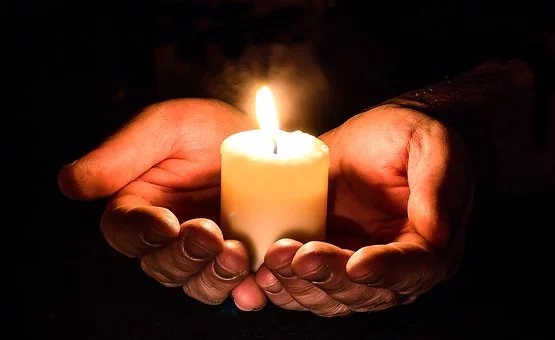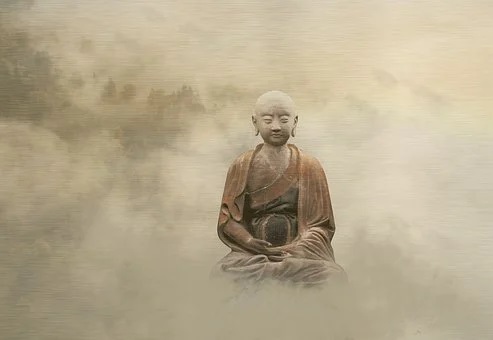In the other case, the practice does not go well and is actually filled with a lot of negative emotions – greed, anger, delusion …. , even more so than when we are not meditating. It is easy at this time to be despondent and think if we meditate like this, there is no hope for liberation. We must then encourage ourselves: “Even if I failed at this sitting, there will be another. Although I encountered a lot of discursive thoughts as well as afflictions in this sitting, it is very normal since I am just a beginner; these distractions are to be expected. However, by persevering and making effort one step at a time, I will succeed for sure; there is no reason to lose hope.”Then vow to succeed in the next sitting. When practicing, do not fall into the two extremes – of being arrogant and feeling disappointed too early.
~Depicted from THE FOUR SEALS OF DHARMA - THE FINAL REVIEW











